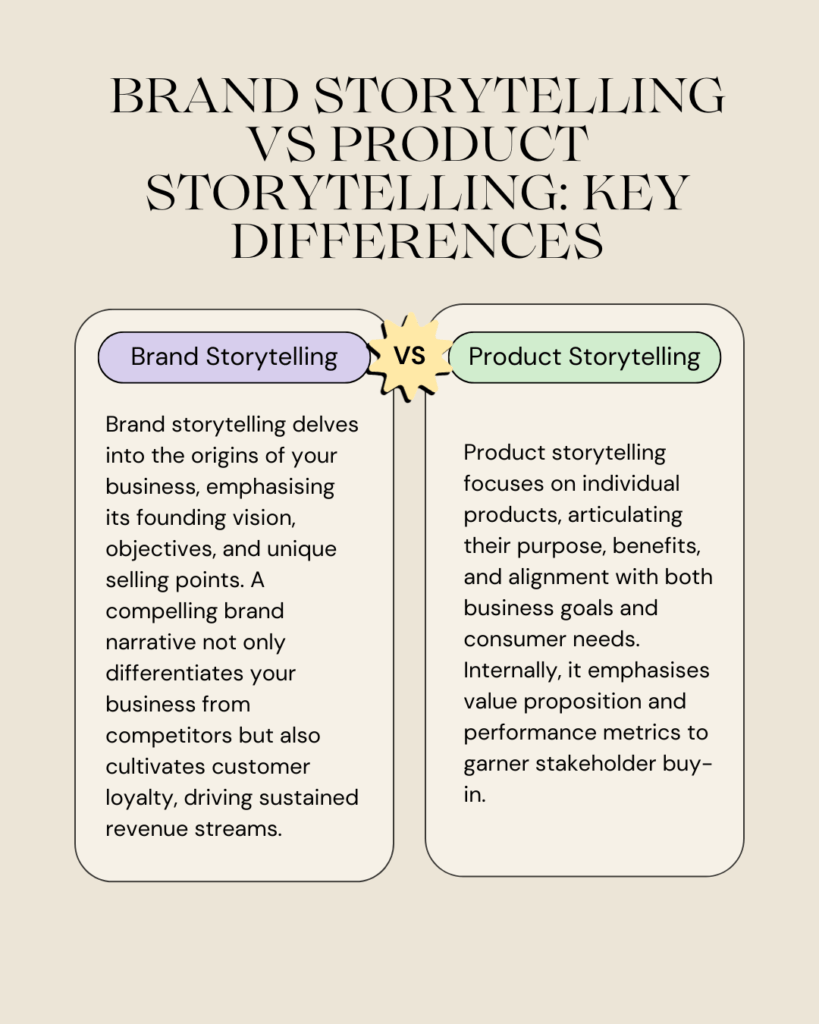Content marketing, an inbound digital strategy, serves as a beacon to draw potential customers to you with high-quality content, whether they’re searching on search engines, social media platforms, or product review sites. In today’s digital world, imagine how ecommerce content marketing can give you a competitive edge over enterprise brands. While they prioritise paid advertising and social media for quick results, content marketing helps you attract and convert potential prospects into loyal customers. Picture yourself as a small business owner, opening a storefront in a bustling market. Your valuable content draws people in, eager to engage with your brand. With content marketing, you can level the playing field and surpass big brands in building customer loyalty and trust.
Building a Successful Blog in e commerce:
E-commerce sites can be greatly enhanced by blogs, particularly if they are updated frequently. Furthermore, they provide an excellent platform for informing customers about your products and highlighting the unique qualities of your brand.
Planning, writing, and publishing your blog entries on your own will help you produce excellent, search engine-optimised content regularly. We hope this can serve as a starting point for you to identify the best procedure for your e-commerce website. Use Hypotenuse AI to improve your ecommerce blogging right now and realise your brand’s full potential.
A blog is a platform that gives your brand the ability to communicate its values, impart knowledge, and interact with its audience. It’s more than just an assortment of articles. This is how to create a blog that strengthens your brand and connects with readers.
Brand storytelling Vs Product storytelling: key differences

In eCommerce, telling stories about your brand and products is important. Brand stories explain why your business exists and what makes it special, while product stories focus on each item’s benefits and how they meet customer needs. By sharing these stories, you can connect with customers, build loyalty, and stand out in the online market.
Defining Target Audience and Niche:
Be aware of your target audience. Ascertain their preferences for content, issues they are facing, and things they enjoy. To increase the targeting of your content and draw in a devoted audience, choose your niche as well.
Conducting Keyword Research and SEO Optimization
Researching keywords is really important for making your ecommerce store successful with search engines. It’s like using a compass to guide your ecommerce business in the right direction, making sure you attract the right people, get more visitors from search results, and, in the end, sell more. This means figuring out which words and phrases are popular when people search online, especially the longer ones. Since a lot of people find ecommerce blogs through search engines, it’s super important to make sure your content is set up to be found. That’s why doing keyword research helps – it helps you understand what your audience is looking for, so you can use those words in your writing.
Creating a Content Strategy in ecommerce
Quality content reigns supreme. Make sure your blog posts offer value and captivate your audience. Incorporate visuals, storytelling, and interactive features to keep readers interested.
Developing and sustaining an ecommerce content marketing plan not only nurtures customers but also enhances search engine optimization opportunities.
By grasping the genuine purpose of keywords, online marketers can discern the diverse requirements of prospective buyers and create content that is likely to drive conversions.
Case Studies of Successful E-commerce Blogs
Gaining insights from thriving e-commerce blogs can be incredibly beneficial. Consider exploring platforms such as Lenskart, Nykaa, and the Decathlon Blog for inspiration. These brands have honed their ability to craft captivating content, strategically promote it, and seamlessly integrate their products into compelling narratives. Studying their approaches can offer valuable lessons for enhancing your own e-commerce strategies and achieving success in the online marketplace.
Conclusion
Content marketing is super important for online stores. It’s all about creating interesting and helpful content that your customers will love. This helps bring more people to your website, build trust with your audience, and boost your sales. What’s cool about content marketing in online shopping is that it lets you connect with customers in a meaningful way, by giving them useful information and telling stories they can relate to. So, if you want your online store to do well, make sure you focus on creating awesome content that your customers will enjoy.
FAQ’s
What steps are involved in an e-commerce content marketing strategy?
Creating and disseminating informative and engaging content is the foundation of an online store’s content marketing strategy. It draws in customers and encourages them to make purchases.
How can content marketing help you draw in readers?
Understanding your target audience’s preferences will help you create content that appeals to them, distribute it across various channels, and reward them with more content to entice them to buy from you.
How does blogging fit into the content marketing strategy?
Writing and sharing articles or stories about your products or business-related topics is known as blogging. It helps increase website traffic, demonstrate your expertise, and foster relationships with readers of your work.
Which fundamental ideas underpin content marketing?
Understanding your target audience, deciding on your goals, creating high-quality content, distributing it strategically, monitoring its performance, and making necessary adjustments are the fundamentals of content marketing.
What does e-commerce that is content-based involve?
Content-based online shopping involves showcasing your products and providing information about them through social media, videos, and stories. Making your customers’ shopping experience enjoyable and beneficial is key.

